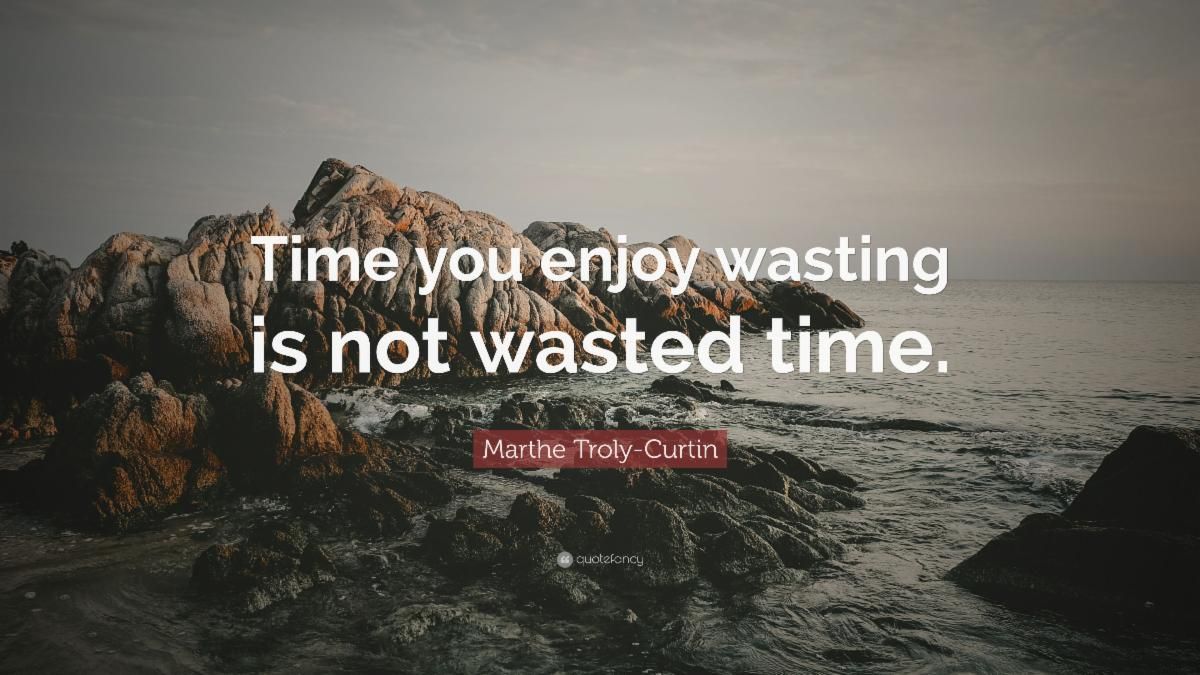
March 18, 2021
Revisiting Making Yourself Indispensable
It has been nearly 10 years since my first article was published in Harvard Business Review. The article – titled Making Yourself Indispensable and co-written with Jack Zenger and Joe Folkman – was described in the HBR editor’s newsletter as a “classic in the making.” I’ll humbly say that it seems they were right, as it has been reprinted multiple times including this month’s appearance on the cover of the special issue for Spring 2021.
What makes the article compelling? You can read it here and decide for yourself, but my take is it’s because of the unique approach to how leadership strengths are built in a way that differs from remediating leadership weaknesses. There are useful examples of this throughout the article.
As I reread the article this week, I found myself wanting to add material (a project for another day), specifically regarding the importance of getting direct feedback about the impact of one’s leadership. This is so much more valuable and so much more difficult than it seems.
The article provides a model for getting real time feedback by opening up lines of communication and using feedback to inform growth. But I don’t think we could have overstated just how challenging that can be to do effectively. So, I’m working on a follow up that includes the importance of leaders being willing to gracefully accept feedback they don’t like – even going as far as granting amnesty to encourage that feedback. I’ve observed over the years that as leaders advance in the hierarchy, it is increasingly more risky and difficult for their direct reports and others to provide honest and candid perspective.
A safe feedback environment also provides leaders the opportunity to be more direct in the feedback that they provide, so it’s a complete win-win when a leader does this well. The model doesn’t provide the anonymity of a survey, but surveys have their drawbacks too - most notably, the inability to get the full context and specificity that facilitates meaningful change.
Nothing beats the value of candid conversation. My inaugural HBR article guides leaders in doing just that. If this piques your interest, give it a read. Or, there is also a video that I produced with HBR that outlines the process.
Give Advice And A Funny Story
What's the best advice you’ve gotten from a boss? This may not have been the best advice I ever received, but it is certainly up there:
My first boss gave me this advice over lunch on my last day of work. I had just finished a year at a not-for-profit organization right after college and was heading off to my first corporate job to work for PriceWaterhouseCoopers in San Francisco. Because I had no real business experience other than my role in our small organization and a Communication Studies and Rhetoric degree, he shared this sage advice: “Scott, you probably ought to get yourself a subscription to Harvard Business Review. Read it cover to cover, even though you probably won’t understand it all. And get it delivered to your apartment, not the office, or you’ll look like an arrogant [expletive]!” Ken was direct! I didn’t take offense to the comment about not understanding because I figured he was right.
I looked up to Ken, so I listened and my first issue of HBR was waiting at my new apartment when I arrived in San Francisco. He was also right (as he often is) about not understanding everything (or a lot for that matter). I recall struggling through John Kotter’s 1995 article Leading Change: Why Transformation Efforts Fail as I rode the 30X bus from my apartment to the office on Market Street. But read I did, and coupled with the work experience, I started observing some of the ideas I’d read about show up in real time. As I understood more, I began to really appreciate the value of deeply exploring ideas for business, and how those ideas could be applied to improve performance. I’ve been reading it since.
Now the funny part.
As I mentioned earlier, it’s been almost 10 years since I co-authored that first HBR article and I’ve written a bunch since. So, when it was first published, I sent a copy to Ken, with a note that read like this: “Ken, here is a copy of HBR with my recent article. You may enjoy reading it cover to cover, even though you may not understand it all. I’ve sent it to your home so your colleagues at the office don’t think you’re an arrogant [expletive]!” We had a good laugh about that.
And yes, I have a great relationship with Ken to this day and we still talk regularly.
So, what's the best advice you’ve gotten from a boss? Let me know! In a few weeks I’ll compile a greatest hits list.
Current Read:
After reflecting on the impact of HBR on my young career, it felt only appropriate to draw from HBR for today’s current read. And in the spirit of mentors investing in young employees with potential, I pass along this article about when managers should take a chance in hiring candidates who may seem imperfect but promising:
When to Take a Chance on an Imperfect Job Candidate (hbr.org)
Quotable:

Subscribe to Edinger's Insights Newsletter
Edinger’s Insights is packed with strategies and ideas to lead business growth.*
*Scott will never share your contact information
EdingerInsights_SignUp
Thank you for subscribing.
Please try again later.


